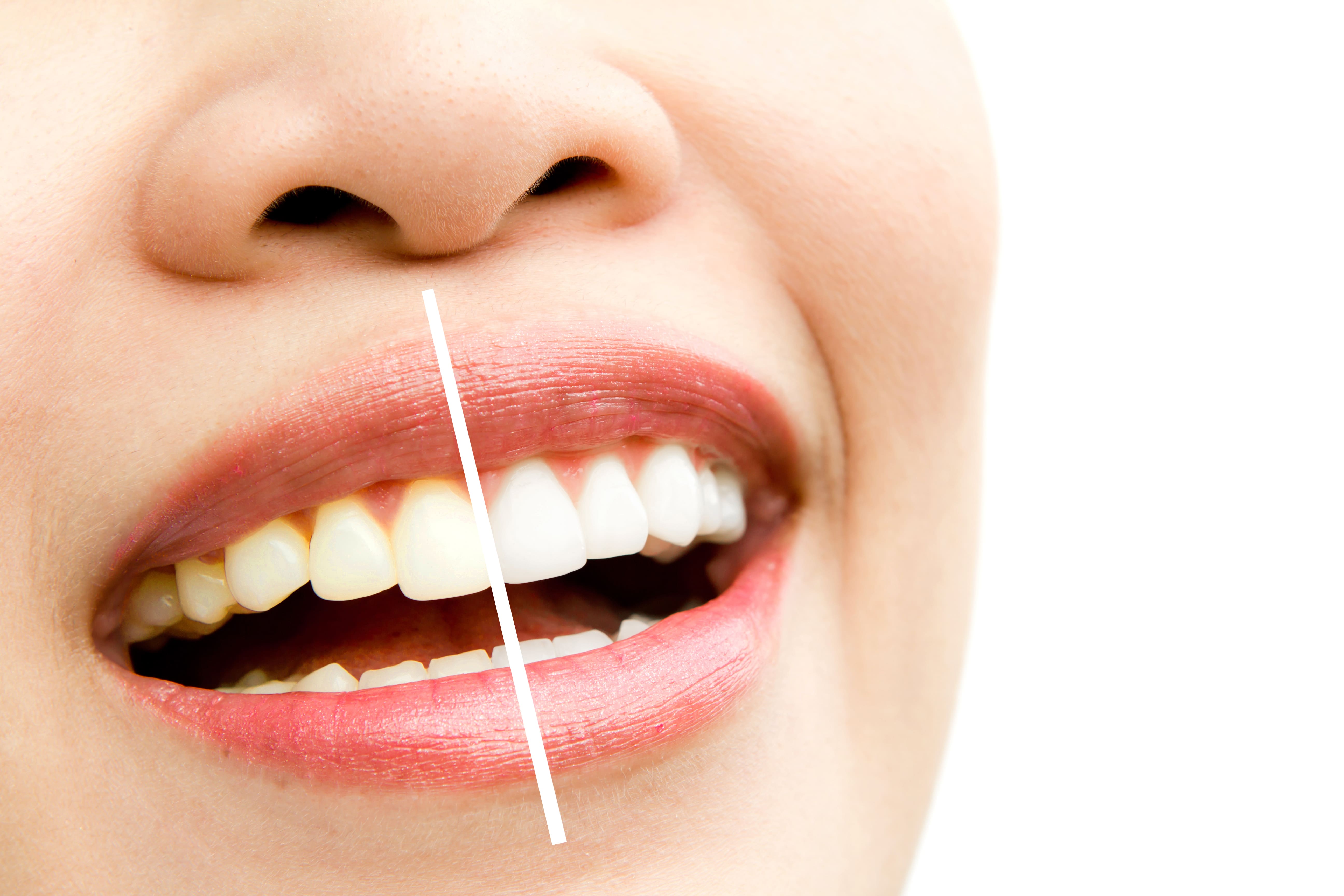If you’re on a quest for a brighter, more radiant smile, you’ve likely encountered the terms teeth whitening and teeth bleaching. While both methods aim to improve the shade of your teeth, they operate differently, offer distinct results, and have various considerations to ponder. In this comprehensive guide, we’ll explore the difference between teeth whitening and teeth bleaching, helping you make an informed decision on your journey to achieving a whiter smile.
Understanding Teeth Whitening
Teeth whitening is a non-invasive process that removes surface stains and lightens the natural colour of your teeth. This method is effective for individuals with teeth that have become discoloured due to habits like smoking, consuming staining beverages, or as a result of the natural ageing process.
Key points to consider with teeth whitening:
Over-the-Counter Whitening Products: You can easily access teeth whitening toothpaste, strips, and gels at your local pharmacy. These products are suitable for mild surface stains but may have limitations in terms of effectiveness.
In-Office Whitening: Professional teeth whitening treatments performed by a dentist yield quicker and more noticeable results. They typically involve a bleaching agent or high-concentration hydrogen peroxide to lighten your teeth.
Limited to Natural Colour: Teeth whitening is effective at restoring your teeth to their natural colour but may not dramatically change the shade of your teeth beyond that.
Exploring Teeth Bleaching
Teeth bleaching, on the other hand, is a more intensive process that can lighten your teeth beyond their natural shade. It’s typically recommended for individuals with severe discolouration, stubborn stains, or those looking for a significantly brighter smile.
Key points to consider with teeth bleaching:
Customised Treatment: Professional teeth bleaching is usually conducted by a dentist and tailored to your specific needs. This means the treatment can be adjusted to achieve your desired level of whiteness.
Stronger Bleaching Agents: Teeth bleaching employs more potent bleaching agents, such as carbamide peroxide or hydrogen peroxide, which can effectively remove deep-set stains.
Possible Sensitivity: Due to the higher concentration of bleaching agents, some individuals may experience temporary tooth sensitivity or gum irritation. This side effect is usually manageable and transient.
Making the Choice: Which is Right for You?
When deciding between teeth whitening and teeth bleaching, consider the following:
The Severity of Discoloration: If you have mild surface stains, teeth whitening may suffice. For more pronounced or deep-seated discolouration, teeth bleaching is the better option.
Speed of Results: Teeth bleaching typically delivers quicker and more noticeable results, making it ideal for those seeking rapid improvements.
Sensitivity Concerns: If you have a history of tooth sensitivity, discuss this with your dentist. They can recommend appropriate measures or alternative treatments to mitigate any discomfort.
Budget: Teeth whitening is generally more cost-effective, while teeth bleaching may be pricier due to its customised nature and stronger agents.
In conclusion, the choice between teeth whitening and teeth bleaching hinges on your unique needs and preferences. For mild discolouration or regular maintenance, teeth whitening can be an excellent choice. If you desire a more dramatic transformation and are willing to invest in a customised treatment, teeth bleaching may be the answer.
Remember, consulting a dental professional is crucial for assessing your situation and crafting a treatment plan tailored to your specific needs. They can provide expert guidance and ensure the process is both safe and effective. So, whether you’re considering teeth whitening or teeth bleaching, it’s a step toward achieving a whiter, more confident smile.
Ready for a whiter, brighter Smile? Discover the Power of Teeth Whitening at Melbourne East Prosthodontics Today!

